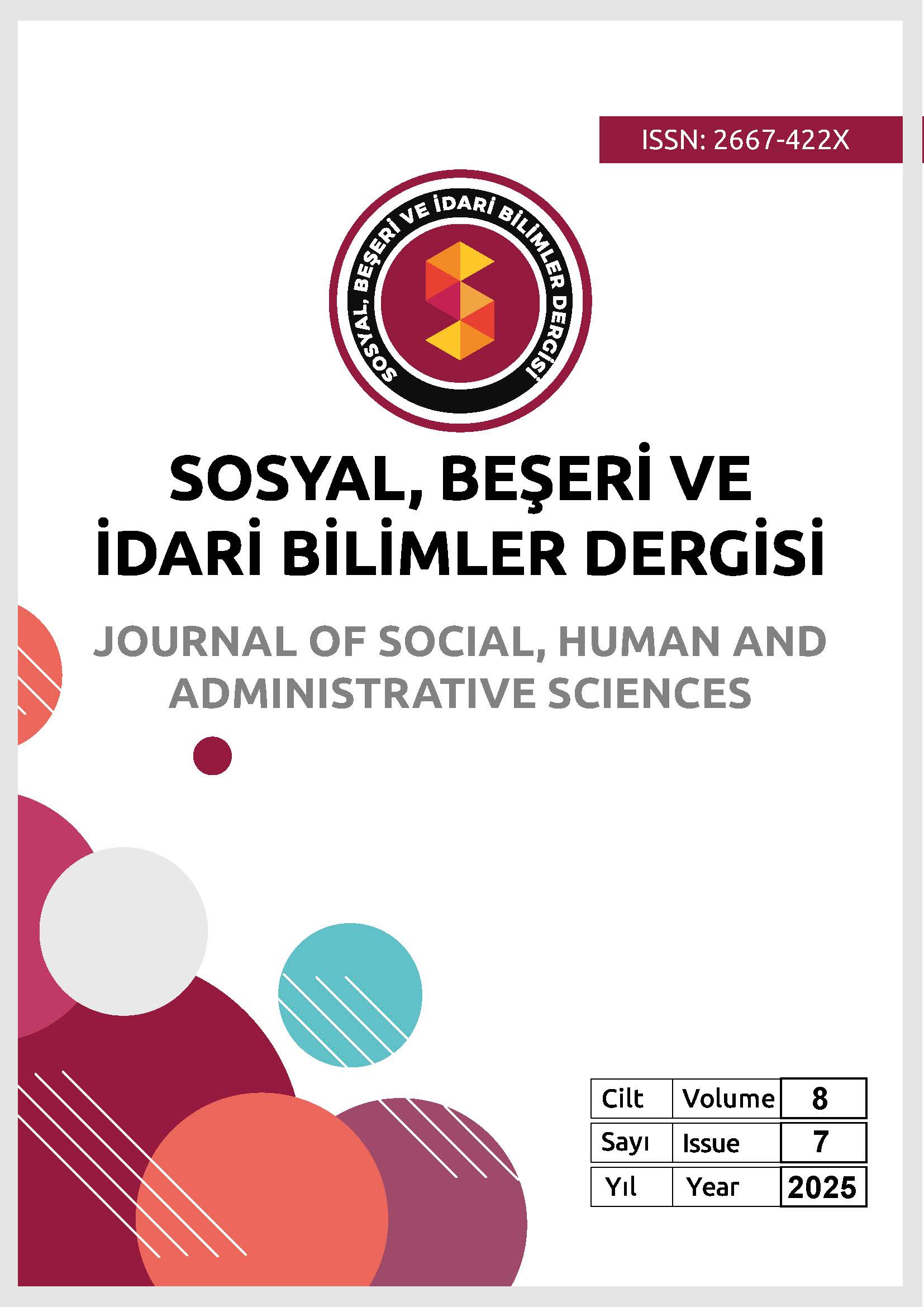The Perception of Childhood and The Understanding of Parenthood in The Turkish Family Structure
Main Article Content
Abstract
The family is the smallest unit that constitutes and represents society. Subsystems within the family—such as how the child is defined within the family, child–parent relationships, and parenting attitudes and responsibilities—are among the main issues that need to be addressed for the healthy functioning of the family system. In this study, in order to understand today’s perception of childhood and understanding of parenthood, an explanation was attempted regarding how and in what direction the perception of childhood and the understanding of parenthood have changed from the Early Turks to the end of the Republican era, based on the historical ground of Turkish culture. This research was designed qualitatively, and document analysis technique was used. This method is considered functional in the examination, classification, and evaluation—by dividing into historical periods—of written sources that provide information about the perception of childhood and understanding of parenthood in the Turkish family structure. As a result, it has been observed that the perception of childhood has changed under the influence of the social conditions and transformation factors of each historical period, and accordingly, the understanding of parenthood has diversified. Throughout history, the perceptions of the “heroic child” in the Early Turkish era, the “Sufi child” in the Ottoman period, the “citizen child” in the Tanzimat and Constitutional periods, and the “ideal Turkish child” in the Republican period have emerged. Parents were expected to develop attitudes and behaviors and to assume responsibilities in line with these perceptions of childhood. In addition to the changes seen in the perceptions of childhood and understandings of parenthood, it has also been identified that the feeling of “love for children” and the expectation of the “obedient child” have existed in all periods of Turkish culture’s understanding of parenthood.
Article Details

This work is licensed under a Creative Commons Attribution 4.0 International License.

